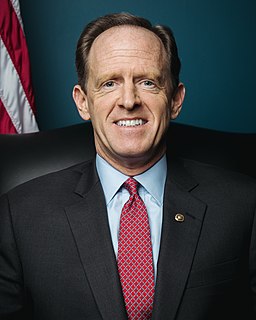A Quote by Donald Trump
Related Quotes
I'm going to create tremendous jobs. And we're bringing GDP from, really, 1 percent, which is what it is now, and if Hillary Clinton got in, it will be less than zero. But we're bringing it from 1 percent up to 4 percent. And I actually think we can go higher than 4 percent. I think you can go to 5 percent or 6 percent.
For any economy, there are two basic factors determining how many jobs are available at any given time. The first is the overall level of activity - with GDP as a rough, if inadequate measure of overall activity - and the second is what share of GDP goes to hiring people into jobs. In terms of our current situation, after the Great Recession hit in full in 2008, US GDP has grown at an anemic average rate of 1.3 percent per year, as opposed to the historic average rate from 1950 until 2007 of 3.3 percent.
A possibility is that we see more and more leverage, and credit-to-GDP ratios rise once more to even higher levels; eventually the banking systems of all advanced economies reach magnitudes of 500 percent, 1000 percent or more of GDP, so that every economy starts to have financial systems that resemble recent cases like Switzerland, Ireland, Iceland, or Cyprus. That might be a very fragile world to live in.
What is a country? A country is a piece of land surrounded on all sides by boundaries, usually unnatural. Englishmen are dying for England, Americans are dying for America, Germans are dying for Germany, Russians are dying for Russia. There are now fifty or sixty countries fighting in this war. Surely so many countries can't all be worth dying for.
Government is taking 40 percent of the GDP. And that's at the state, local and federal level. President Obama has taken government spending at the federal level from 20 percent to 25 percent. Look, at some point, you cease being a free economy, and you become a government economy. And we've got to stop that.
































